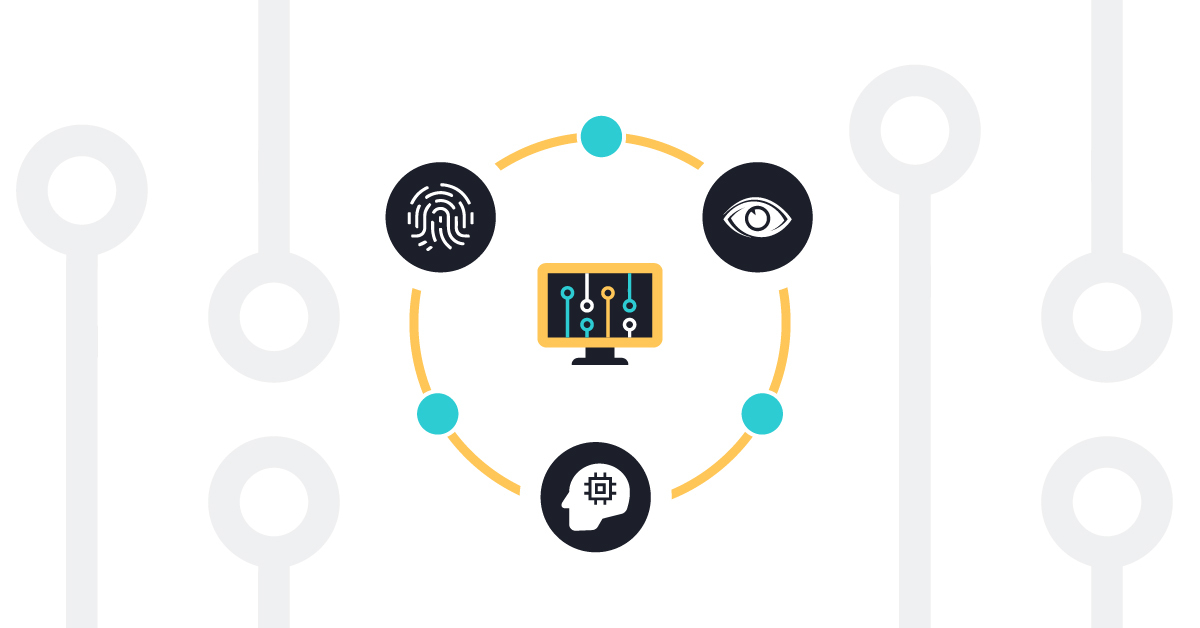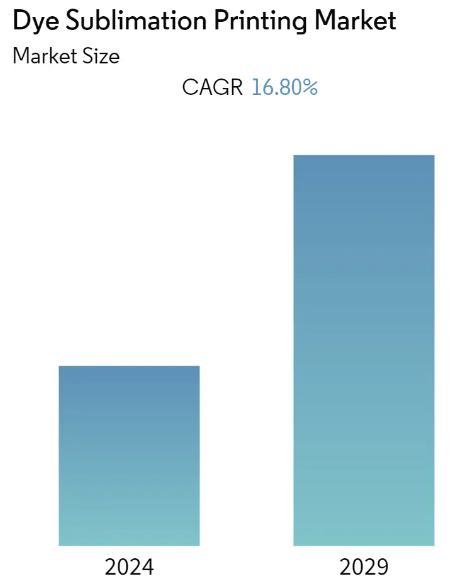
Introduction: The Evolution of Test Management Software
In the rapidly evolving landscape of the internet, communication, and technology, test management software has emerged as a crucial tool for ensuring quality and reliability in software development. As digital transformation accelerates, the need for robust test management solutions has never been more critical. This article delves into the reengineering of test management software, exploring its global market importance, transformative impacts, and future trends.
The Global Market Importance of Reengineered Test Management Software
Expanding Market Reach
The global market for test management software is projected to grow significantly over the next decade. This growth is driven by the increasing complexity of software systems and the rising demand for high-quality applications across various industries. According to recent statistics, the market value of test management software is expected to exceed $2 billion by 2030, reflecting its critical role in the digital economy.
Positive Business Impact
Investing in reengineered test management software offers numerous benefits for businesses. Enhanced test automation capabilities lead to faster release cycles, improved software quality, and reduced operational costs. These advantages make it an attractive investment for companies aiming to stay competitive in a technology-driven world. Furthermore, effective test management tools help organizations comply with regulatory standards and mitigate risks associated with software failures.
Innovations Driving the Future of Test Management Software
AI and Machine Learning Integration
One of the most significant trends in test management software is the integration of artificial intelligence (AI) and machine learning (ML). These technologies enhance test automation by identifying patterns, predicting potential issues, and optimizing test coverage. AI-driven tools can analyze vast amounts of data, providing insights that help teams focus on high-risk areas and improve overall test efficiency.
Cloud-Based Solutions
The shift towards cloud-based test management solutions is another notable trend. Cloud platforms offer scalability, flexibility, and remote access, enabling teams to collaborate effectively from different locations. This transition not only supports the growing trend of remote work but also reduces infrastructure costs and simplifies maintenance.
Advanced Analytics and Reporting
Modern test management software now incorporates advanced analytics and reporting features. These tools provide detailed insights into test results, allowing teams to make data-driven decisions. Real-time dashboards, customizable reports, and predictive analytics enhance visibility into the testing process, helping organizations identify and address issues promptly.
The Role of Partnerships and Mergers in Advancing Test Management Software
Strategic Alliances
Strategic partnerships and alliances are playing a vital role in the advancement of test management software. Companies are collaborating to combine their expertise and develop innovative solutions that address emerging challenges in software testing. For instance, recent partnerships between test management software providers and AI firms have led to the creation of more intelligent and automated testing tools.
Mergers and Acquisitions
Mergers and acquisitions are also shaping the future of the test management software market. By acquiring smaller, specialized companies, larger firms can integrate new technologies and expand their product offerings. These strategic moves enable companies to stay ahead of the competition and cater to the evolving needs of their customers.
Future Trends and Predictions
Shift Towards DevOps and Continuous Testing
The adoption of DevOps practices and continuous testing is expected to drive the future of test management software. Continuous testing involves integrating testing activities throughout the software development lifecycle, ensuring that quality is maintained at every stage. Test management tools that support DevOps enable faster feedback loops, reduce time-to-market, and enhance collaboration between development and operations teams.
Emphasis on Security Testing
As cyber threats become more sophisticated, the importance of security testing is increasing. Future test management software will likely incorporate advanced security testing features to identify vulnerabilities and ensure robust protection against attacks. This focus on security will be crucial for industries handling sensitive data, such as finance, healthcare, and government.
FAQs: Reengineering Test Management Software
1. What is test management software?
Answer: Test management software is a tool used to manage and organize the testing process in software development. It helps teams plan, execute, and track tests, ensuring that software meets quality standards.
2. How does AI improve test management software?
Answer: AI enhances test management software by automating test processes, identifying patterns in data, predicting potential issues, and optimizing test coverage. This leads to more efficient testing and higher software quality.
3. Why is cloud-based test management software beneficial?
Answer: Cloud-based test management software offers scalability, flexibility, and remote access, enabling teams to collaborate effectively from different locations. It also reduces infrastructure costs and simplifies maintenance.
4. What are the advantages of continuous testing in DevOps?
Answer: Continuous testing in DevOps integrates testing activities throughout the software development lifecycle, ensuring quality at every stage. It enables faster feedback loops, reduces time-to-market, and enhances collaboration between development and operations teams.
5. How important is security testing in modern software development?
Answer: Security testing is crucial in modern software development due to the increasing sophistication of cyber threats. It helps identify vulnerabilities and ensure robust protection against attacks, especially in industries handling sensitive data.
Conclusion: Embracing the Future of Test Management Software
The reengineering of test management software is transforming the way organizations approach software testing. With innovations like AI integration, cloud-based solutions, and advanced analytics, these tools are becoming indispensable for ensuring software quality in the digital age. As the market continues to grow and evolve, businesses that invest in cutting-edge test management solutions will be well-positioned to thrive in the competitive landscape of tomorrow.






